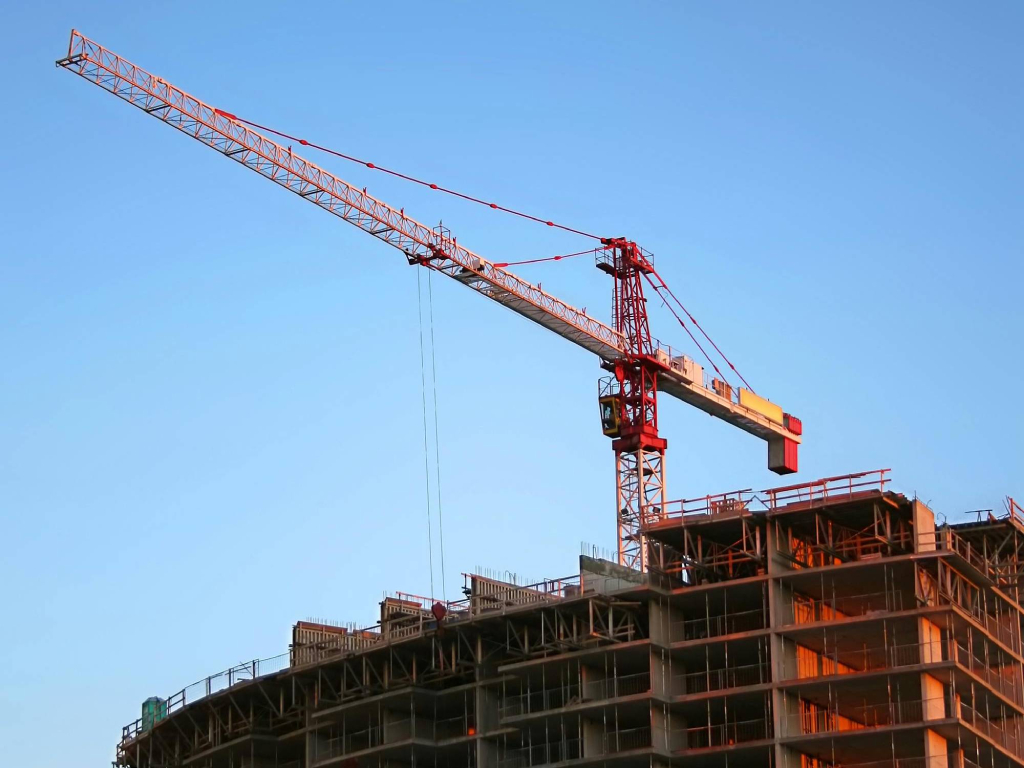Despite all proactive measures, claims are inherent to construction projects. Further, there are many types of construction claims that address the various disruptions that may occur on a project. Some common types of construction claims are delay claims, variation claims, and defective work claims.
1. Delay Claims
Delay claims address the prolongation of the project timeline due to unforeseen circumstances and reasons beyond the claimant’s control. Many delay claims can be prevented by clearly establishing a realistic project schedule, identifying potential risks, and including contingency time. Therefore, it is helpful to regularly update the schedule and address issues promptly to avoid unnecessary delays.
2. Variation Claims
Variation claims in construction occur when a party asserts changes to the originally agreed-upon scope of work in the contract, without an agreement with the other party. These changes, arising from factors like altered project requirements or unforeseen site conditions, can impact both the project’s timeline and costs. To help prevent variation claims from arising, it is crucial to establish a clear scope of work initially. It is important to thoroughly document any necessary changes through a formal variation order process, including detailed information about associated costs and time implications.
3. Defective Work Claims
Defective work claims address substandard quality of work or work that deviates from agreed specifications, necessitating repairs or replacements. When contractors are unable to rectify these deficiencies, the project owner or other stakeholders may seek financial compensation. Defective work claims can result from parties having different interpretations of project requirements or insufficient coordination, emphasizing the importance of holding all parties accountable and maintaining clear communication. To help prevent defective work claims, it is crucial to establish clear expectations in the initial agreement, provide detailed project specifications, and ensure effective communication and coordination throughout the construction process. Thorough documentation and proactive issue resolution can mitigate the risk of defective work claims.
Conclusion
The causes of construction claims are diverse and contingent on factors like project scope, contractual agreements, and unique project circumstances. Common triggers encompass modifications to the original scope, unforeseen site conditions leading to delays and costs, design errors requiring additional work, weather-induced project schedule delays, cost overruns due to unforeseen conditions, and disruptions causing productivity loss.
Preventing construction claims is imperative for successful project management. Key strategies include focusing on effective communication through established channels, consistent reporting, regular meetings, project updates, and responsive feedback. Maintaining thorough documentation serves as a crucial tool for facilitating communication among stakeholders, providing a solid foundation for managing and resolving potential claims efficiently.
